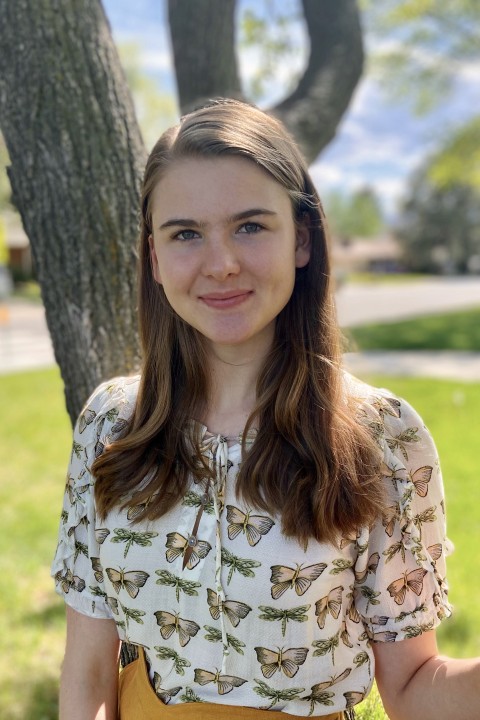Though Stephanie Reitzig, a third-year studying history in the College, researches art objects that date as far back as the Renaissance in her research, her work aims to address issues that are pertinent to society today.

“The projects I've worked on have been focused on questions like: ‘What are the dark sides of rapid technological change?’ or ‘Where did modern constructions of race come from?’ or ‘What can we learn from past pandemics?’” she said.
Reitzig is an undergraduate research associate for the Smart Museum of Art and a research assistant for the Newberry Library in Chicago through the College Research in the Arts, Social Sciences, and Humanities Scholars program (CRASSH).
“Our partnership with the Smart Museum, Newberry Library, and Department of Art History has paved the way for students like Stephanie to take full advantage of the unique research opportunities available to arts and humanities students,” said Nichole Fazio, executive director of the College Center for Research and Fellowships. “She has gained valuable research and curatorial skills, as well as contributed to the vital work of our own professional arts organizations and renowned research institutions in Chicago.”
Most recently at the Smart Museum, which reopened to the public on April 8, Reitzig has been assisting with an exhibition organized by the Feitler Center for Academic Inquiry called “Lust, Love, and Loss in Renaissance Europe” curated by Nora Lambert, a doctoral student in the Department of Art History. For the exhibition, she investigated minute details on artifacts, such as a coat of arms on a wooden tray, and studied such broader topics as Northern European printmaking and depictions of death and morality.
She also is in the process of organizing a student-led symposium at the Smart Museum, called: “The Lives and Afterlives of Objects,” which solicited papers and proposals from both undergraduate and graduate students. The symposium also connects to the Smart Museum exhibit, discussing themes such as material culture, life cycles and the passage of time.